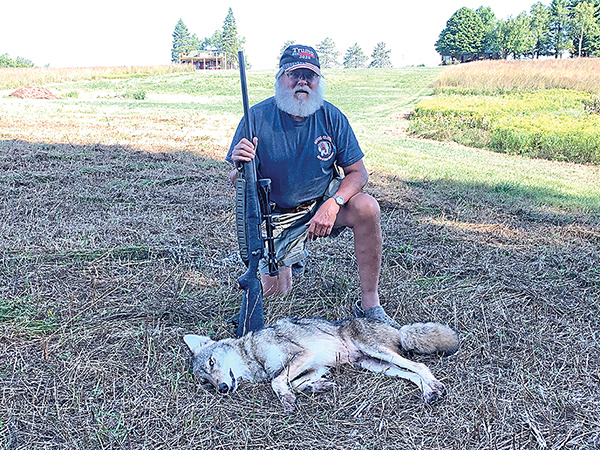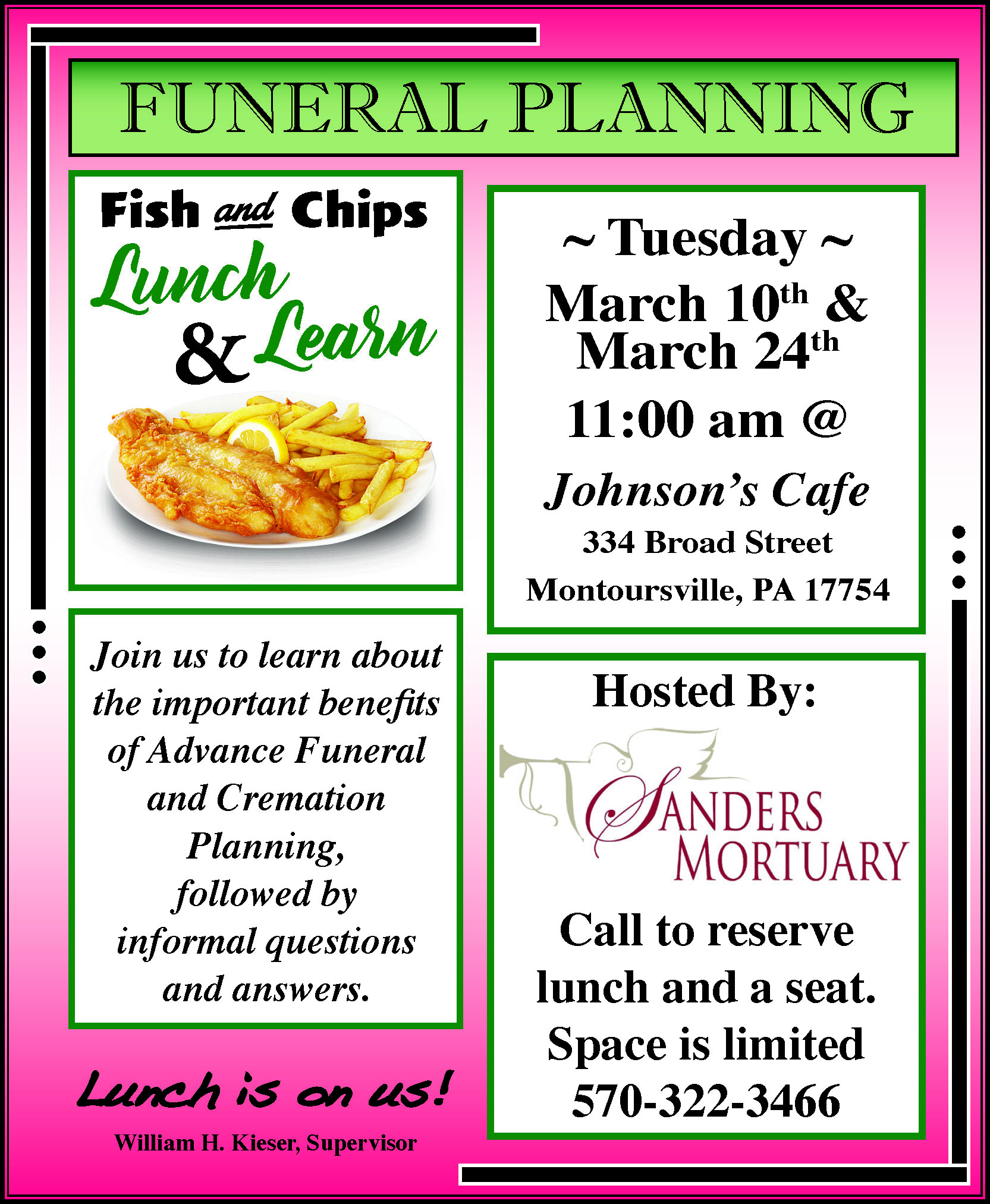It happens all of the time in the World of Nature. It happens among birds as well as mammals. It occurs more frequently in the springtime, but can happen any time and especially during the initial months of raising offspring. Through the years, I have witnessed it with a shorebird known as the Killdeer, with wild turkeys, and with ruffed grouse. I recall a long time ago watching the scenario unfold with a mother raccoon and her litter of 4 young kits. Within the last month, it has become clear that the same story has happened within a whitetail deer family.
Have you ever been in the fields or in the woods and observed a bird, sometimes a grouse or a hen turkey, appear to be injured, perhaps dragging a wing and seeming to be unable to fly? You watch for a while as she limps along, until you finally become curious and begin to walk closer to her. She lets you get close, then begins hobbling away, but doesn’t go too far. The act continues several times, until; finally she seems to regain her composure and flies away. You are probably happy that she was never really injured and all was right with the world. What you may not have realized is that she had hidden her young chicks and was slowly, but surely, drawing you away from their hiding spot. Once she was sure you could no longer retrace your steps and find them, she flew away and would rejoin her offspring once you left the area.
Three weeks ago, I began noticing a pair of fawns traveling together and spotted them at various times throughout the day. While there were numerous other single fawns in the area, and another pair of twins as well, they were usually accompanied at some point by the doe that brought them into the world. From time to time, the fawns would nurse from the mother, getting the nutrition they needed from the milk she provided. But the mother of these two twins seemed to be nowhere around. A week or so after first spotting them, the answer began to become clear.
It was mid-afternoon when I first spotted 4 turkey vultures circling overhead and then identified 3 more sitting in trees along the edge of the woods. Upon investigation, I found the carcass of a doe, but the remains were scattered about over a large area. I have seen the remains of a deer killed by a black bear, and this was not the work of a bear. It was, instead, the action of coyotes. Perhaps that is why I had heard them yipping and howling several nights before.
In the first few weeks of a fawn’s life, their greatest defense against predators such as bears or coyotes is to curl up and remain motionless as they attempt to hide in grass or a brushy spot. They have no scent at this time, and hiding and remaining perfectly still is their best chance for survival.
Just like with the mother grouse that attempts to draw danger away from her young, it is easy to imagine a doe hiding her fawns and then attempting to draw danger away from her offspring. She could have made sure the fawns were safe and secure and then gotten the attention of the coyotes and slowly pulled them away. But this time, while her maneuvers protected her young, for whatever reason, she was not able to escape the pursuit of the coyotes.
More than a week had passed since finding the carcass, and I continued to see the pair of fawns in the field, getting nourishment from eating clover, grasses and other greens. An opportunity was about to present itself that would allow me to enact revenge on behalf of the twin fawns.
Shortly after sunrise, I spotted two coyotes, a male and a female, slowly running along the breast of the pond and I quickly slipped into position at the picnic table to await the chance to reduce their number. Ten minutes passed until I spotted the female walking briskly in the freshly cut grass, listening for a mouse or mole. Then, the large male appeared along a field of standing corn as he too slowly hunted for his breakfast. A single shot of the Remington .223 dropped the male in his tracks and sent the female running into the woods at the sound of the shot.
Now, when I watch the pair of motherless fawns, I feel a bit relieved that their chances for survival just might have increased with the loss of that big male coyote. Hopefully, their mother’s ultimate sacrifice will not have been in vain.





Leave a Comment
Your email address will not be published. Required fields are marked with *